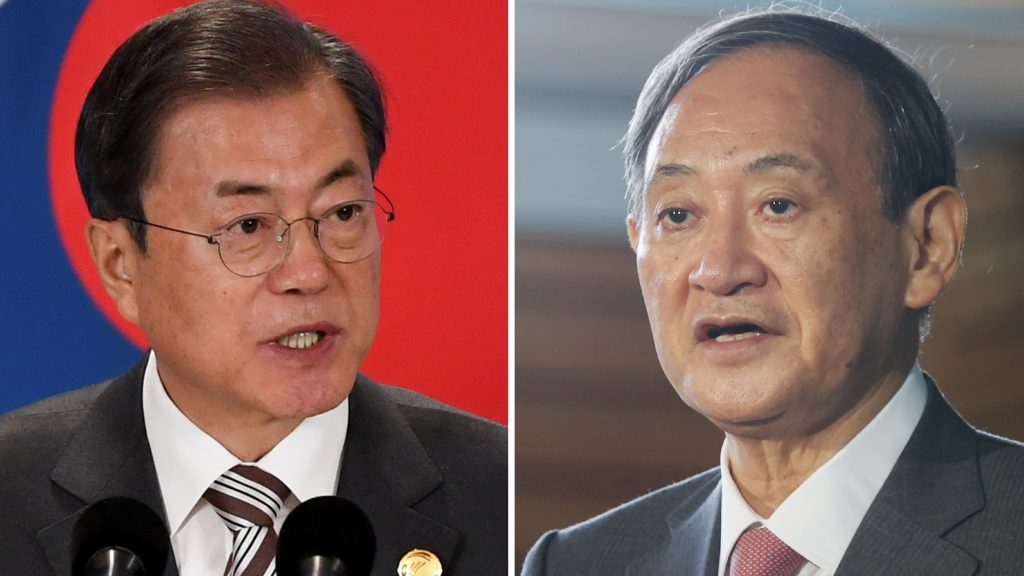The Effect of COVID-19 on International Politics
Covid-19 has affected global and national politics in several ways. It ranged from the suspension of legislative functions to the re-scheduling of elections. On the world scene, the virus was a big factor in international relations. This article focuses on the effect of COVID on international politics and relations.


The China-US relationship
China and the United States have always had a long and fraught history filled with a mixture of cooperation and trade-wars. COVID added a new light to that relationship, especially in the wake of the blame game that initially occurred, where the US blamed China for its lack of containment of the virus.
While both countries may not go into war because of the virus, relationships between them could grow even more tense. However, the pandemic also might have indirectly led to a change of presidents in the United States. The new president could, of course, change the trajectory of the China-US relationship.
Japan- South Korea Relationship


This relationship was also hit for the worse due to Japan’s restrictions on all arrivals from South-Korea. South Korea was in no mood for the policy, describing it as excessive and regrettable. They went further to suggest that there were ulterior motives for the move.
Several other international relationships were affected by COVID. Things as simple as the inability to travel for diplomatic reasons affected international diplomacy.
